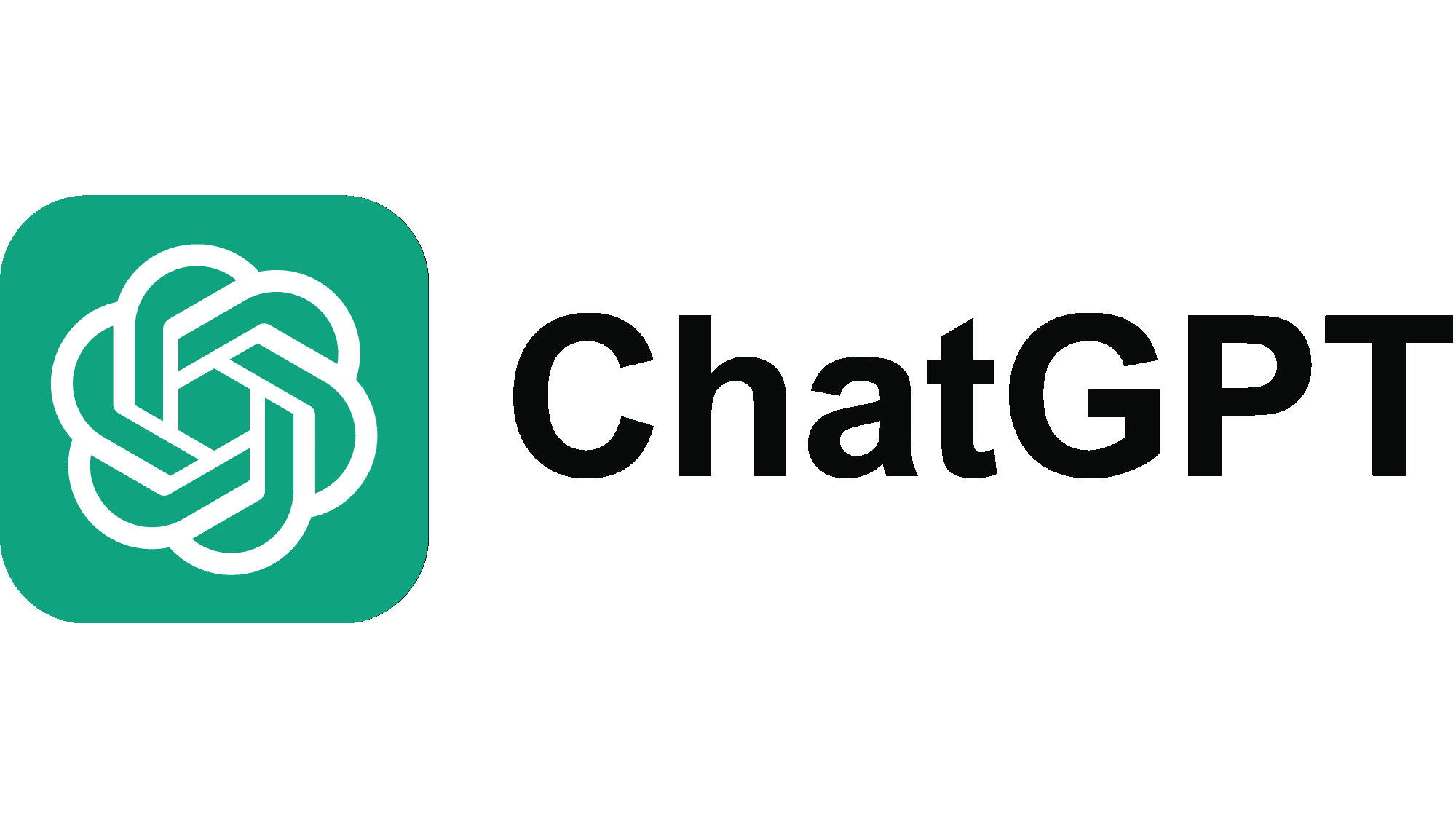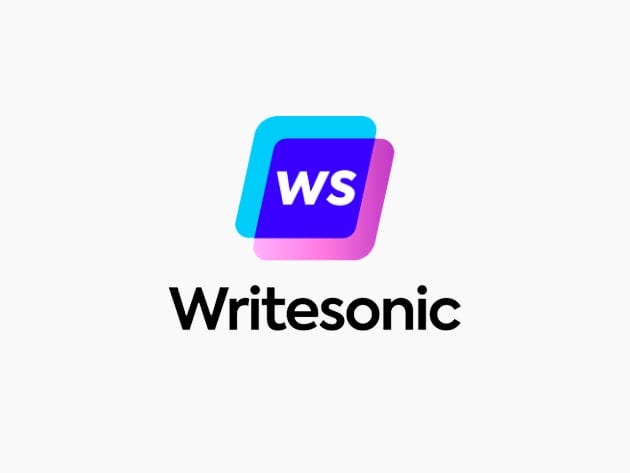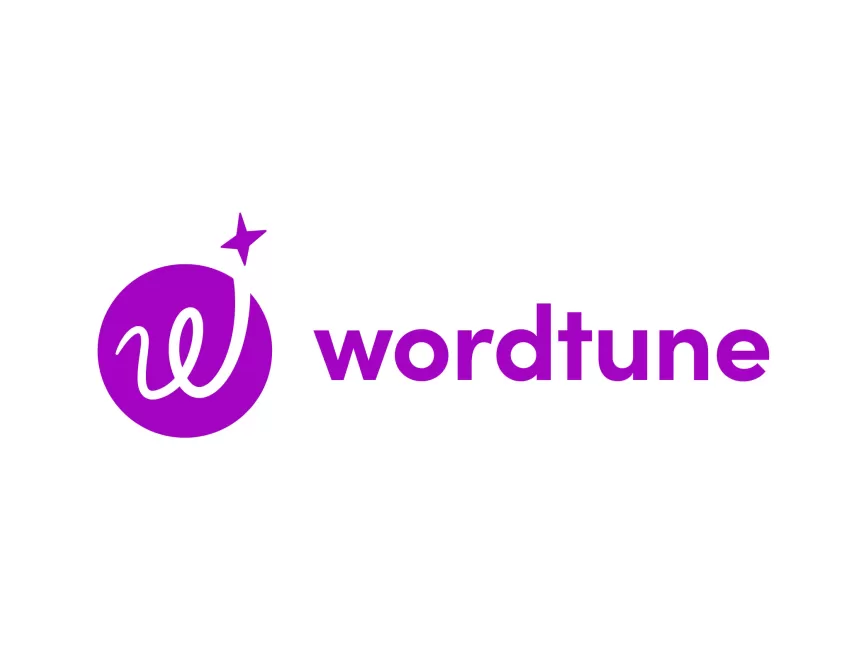Top 10 AI Tools for Content Creation:
Introduction:
A. Brief overview of the rise of AI in content creation
In recent years, the integration of artificial intelligence (AI)
into content creation processes has revolutionized the way content is
generated, curated, and personalized. Initially, AI was primarily associated
with automating routine tasks and improving efficiency in various industries.
However, its application in content creation has proven to be transformative.
B. Importance of using AI tools for content creation
AI has revolutionized content creation, automating tasks,
personalizing content, and optimizing performance. Here's why AI tools are
essential:
1. Efficiency: They automate tasks, freeing up time for
creativity.
2. Quality: AI maintains consistency and professionalism.
3. Personalization: Tailoring content to individual
preferences increases engagement.
4. Scale: AI handles large volumes of content without
compromising quality.
5. Insights: Data-driven analysis refines strategies and
improves results.
6. Multimedia: AI creates visually appealing content across
channels.
7. Cost-Effectiveness: It reduces production costs, making high-quality
content accessible.
In today's digital age, AI tools are indispensable for staying
competitive and effectively engaging with audiences.
In summary, AI tools play a crucial role in content creation by
enhancing efficiency, quality, personalization, and scalability while providing
valuable insights and cost-effective solutions. Embracing AI in content
creation enables organizations to stay competitive in today's digital landscape
and effectively engage with their target audience.
AI Tool 1: ChatGPT
A. Overview of the tool:
- Developed by OpenAI,
ChatGPT is an AI conversational agent.
- Built on the GPT
architecture, it engages in natural language conversations.
- Capable of
understanding and generating human-like responses across diverse topics.
B. Key features and functionalities:
1. Natural Language
Understanding: Comprehends user inputs accurately.
2. Contextual Response
Generation: Maintains coherence in conversations.
3. Multi-turn Dialogue:
Supports extended interactions.
4. Customizability:
Responses can be tailored based on user guidelines.
C. Use cases in content creation:
1. Content Ideation:
Assists in brainstorming ideas.
2. Content Optimization:
Provides suggestions for enhancing content quality.
3. Content
Personalization: Generates personalized recommendations.
4. Content Generation:
Creates text-based content like product descriptions.
D. Pros and cons:
- Pros:
- Versatile and
adaptable.
- Produces human-like
responses.
- Supports throughout
content creation.
- Cons:
- Limited to text-based
interactions.
- May produce
occasional irrelevant responses.
- Requires internet
connectivity.
E. Pricing and availability:
- Available through
OpenAI API platform with varied pricing tiers.
- Accessible via API
integrations or online platforms.
- Pricing varies based on
usage, customization, and features.
AI Tool 2: Grammarly
A. Overview of the tool:
- Grammarly enhances
writing quality across grammar, style, and tone.
- Web-based platform and
browser extensions compatible with popular writing platforms.
- Offers real-time
feedback for clarity and correctness.
B. Key features and functionalities:
1. Grammar and Spelling
Checking: Corrects errors in real-time.
2. Style and Tone
Suggestions: Enhances overall writing style.
3. Plagiarism Detection:
Identifies instances of plagiarism.
4. Vocabulary
Enhancement: Offers synonym suggestions.
C. Use cases in content creation:
1. Proofreading and
Editing: Improves content quality across formats.
2. Academic Writing: Aids
in academic paper refinement.
3. Professional
Communication: Assists in business correspondence.
4. Creative Writing:
Refines prose for coherence.
D. Pros and cons:
- Pros:
- User-friendly
interface.
- Comprehensive
checking capabilities.
- Enhances consistency
and professionalism.
- Cons:
- Advanced features
require premium subscription.
- Suggestions may not
always align with intended style.
- Requires internet
connectivity.
E. Pricing and availability:
- Free version available
with basic features.
- Premium subscription
offers advanced functionalities.
- Accessible worldwide
through web browsers and mobile apps.
AI Tool 3: Copy.ai
A. Overview of the tool:
- Copy.ai is an
AI-powered copywriting tool for marketing content.
- Utilizes NLP algorithms
for quick content generation.
- Creates various content
types for marketing purposes.
B. Key features and functionalities:
1. Ad Copy Generation:
Generates compelling ad copies.
2. Blog Post Creation:
Provides outlines and introductions.
3. Product Description
Writing: Creates descriptions for products.
4. Social Media Post
Creation: Generates engaging posts.
C. Use cases in content creation:
1. Marketing Content
Creation: Quickly generates marketing copy.
2. Website Content
Generation: Helps in creating website content.
3. Content Ideation:
Provides content ideas based on input.
4. Campaign Creation:
Generates copy for marketing campaigns.
D. Pros and cons:
- Pros:
- Saves time and
effort.
- Generates diverse
content types.
- Maintains consistency
in messaging.
- Cons:
- May lack human
creativity.
- Generated content may
need manual refinement.
- Pricing may not suit
all budgets.
E. Pricing and availability:
- Subscription-based
pricing with varied features.
- Pricing based on
selected plan and billing cycle.
- Accessible online
without installation.
- Free trials or demos
may be available.
AI Tool 4: Writesonic
A. Overview of the tool:
- Writesonic is an
AI-powered writing tool for marketing copy, blog posts, and social media
content.
- It uses NLP algorithms
to generate engaging text quickly.
- Features aim to
simplify content creation and ensure quality.
B. Key features and functionalities:
1. Content Generation:
Writesonic produces various content types.
2. Customizable
Templates: Offers templates for tailored content.
3. AI Writing Assistant:
Provides suggestions for user-generated content.
4. Content Repurposing:
Can repurpose existing content or generate new content.
C. Use cases in content creation:
1. Marketing Content
Creation: Assists in generating marketing materials.
2. Blog Post Generation:
Speeds up the creation of blog posts.
3. Social Media Content
Creation: Generates engaging posts for different platforms.
4. Product Description
Writing: Helps in creating effective product descriptions.
D. Pros and cons:
- Pros:
- Saves time and
effort.
- Offers customizable
templates.
- Provides suggestions
for improvement.
- Cons:
- May need manual
refinement.
- Lacks human
creativity.
- Pricing may not suit
all budgets.
E. Pricing and availability:
- Subscription-based
pricing with varied features.
- Available online with
trials or demos.
AI Tool 5: Clearscope
A. Overview of the tool:
- Clearscope enhances
content SEO.
- Utilizes NLP algorithms
for analysis.
- Aims to improve content
quality and search engine rankings.
B. Key features and functionalities:
1. Content Analysis:
Analyzes content for SEO performance.
2. Keyword Research:
Provides keyword suggestions.
3. Topic Modeling:
Identifies relevant topics for comprehensive coverage.
4. Performance Tracking:
Monitors SEO metrics over time.
C. Use cases in content creation:
1. Content Optimization:
Improves content for search engines.
2. SEO Content Strategy:
Assists in developing effective SEO strategies.
3. Blog Post
Optimization: Optimizes blog posts for search visibility.
4. Website Content
Optimization: Enhances website content for better rankings.
D. Pros and cons:
- Pros:
- Improves content SEO.
- Provides actionable
insights.
- Tracks SEO
performance.
- Cons:
- Requires existing
content.
- Learning curve for
some users.
- Pricing may be high
for some.
E. Pricing and availability:
- Subscription-based
pricing.
- Available online with
trials or demos.
AI Tool 6: Wordtune
A. Overview of the tool:
- Wordtune improves text
clarity and readability.
- Uses NLP algorithms for
rewriting suggestions.
- Aims to enhance writing
quality and coherence.
B. Key features and functionalities:
1. Rewriting Suggestions:
Offers alternative word choices and structures.
2. Style Improvements:
Enhances writing style and tone.
3. Clarity Enhancements:
Simplifies complex sentences.
4. AI Writing Assistant:
Provides real-time feedback.
C. Use cases in content creation:
1. Writing Improvement:
Enhances the quality of written content.
2. Editing and
Proofreading: Aids in editing and proofreading tasks.
3. Content Refinement:
Refines existing content for better readability.
4. Language Learning:
Helps learners practice writing skills.
D. Pros and cons:
- Pros:
- Improves clarity and
readability.
- Offers rewriting
suggestions.
- Provides real-time feedback.
- Cons:
- Suggestions may not
always align with the writer's style.
- Requires internet
connectivity.
- May not cover all
aspects of writing improvement.
E. Pricing and availability:
- Subscription-based
pricing.
- Available online with
trials or demos.
AI Tool 7: BuzzSumo
A. Overview of the tool:
- BuzzSumo is an
AI-driven content research and analysis platform.
- It helps users identify
trending topics, analyze content performance, and discover influencers.
- BuzzSumo provides
insights into content engagement metrics, social media shares, and backlink
data.
B. Key features and functionalities:
1. Content Discovery:
Identifies trending topics and popular articles.
2. Trend Analysis: Provides insights into
content trends and topics.
3. Influencer
Identification: Helps find influential thought leaders.
4. Social Media
Monitoring: Tracks content engagement across platforms.
C. Use cases in content creation:
1. Content Strategy:
Informs content strategy with insights into audience preferences.
2. Content Ideation:
Generates content ideas based on trending topics.
3. Competitor Analysis:
Analyzes competitor content performance.
4. Influencer Marketing:
Identifies influencers for collaborations.
D. Pros and cons:
- Pros:
- Provides valuable
insights for content planning.
- Helps identify
trending topics and influencers.
- Offers social media
monitoring features.
- Cons:
- Requires integration
with existing tools.
- May have a learning
curve for beginners.
- Pricing may not be
suitable for all budgets.
E. Pricing and availability:
- Subscription-based
pricing with varied features.
- Available online with
trials or demos.
AI Tool 8: SurferSEO
A. Overview of the tool:
- SurferSEO is an
AI-driven content optimization tool.
- It analyzes top-ranking
pages to provide SEO insights.
- SurferSEO helps improve
content rankings and attract organic traffic.
B. Key features and functionalities:
1. Content Analysis:
Analyzes top-ranking pages for keyword optimization.
2. Keyword Research:
Offers keyword suggestions for content optimization.
3. SERP Analysis:
Provides insights into SERP features and user intent.
4. Optimization
Recommendations: Offers specific recommendations for content optimization.
C. Use cases in content creation:
1. Content Optimization:
Helps optimize content for search engines.
2. SEO Content Strategy:
Assists in developing effective SEO strategies.
3. Blog Post
Optimization: Optimizes blog posts for search visibility.
4. Website Content
Optimization: Enhances website content for better rankings.
D. Pros and cons:
- Pros:
- Improves content SEO
and search engine rankings.
- Provides actionable
insights for optimization.
- Offers specific
recommendations based on data analysis.
- Cons:
- Requires
understanding of SEO principles.
- May not cover all
aspects of content optimization.
- Pricing may be high
for some users.
E. Pricing and availability:
- Subscription-based
pricing with varied features.
- Available online with
trials or demos.
AI Tool 9: ContentBot by MarketMuse
A. Overview of the tool:
- ContentBot by
MarketMuse is an AI-driven content creation tool.
- It generates
high-quality, SEO-friendly content.
- ContentBot helps users
produce engaging and informative content across various topics.
B. Key features and functionalities:
1. Content Brief
Generation: Generates content briefs based on topics or keywords.
2. Topic Research:
Conducts research to identify relevant keywords and subtopics.
3. Content Optimization:
Provides recommendations for SEO optimization.
4. Performance Tracking:
Tracks content performance metrics over time.
C. Use cases in content creation:
1. Blog Post Creation:
Generates blog post outlines and content ideas.
2. Website Content
Creation: Creates engaging website content.
3. Content Marketing
Campaigns: Generates content for marketing campaigns.
4. SEO Content Strategy:
Assists in developing SEO strategies.
D. Pros and cons:
- Pros:
- Improves content
quality and SEO performance.
- Provides actionable
insights for optimization.
- Offers content brief
generation and topic research features.
- Cons:
- Requires
understanding of SEO principles.
- May not cover all
aspects of content creation.
- Pricing may be high
for some users.
E. Pricing and availability:
- Subscription-based
pricing with varied features.
- Available online with
trials or demos.
AI Tool 10: SEO Content Assistant by SEMrush
A. Overview of the tool:
- The SEO Content
Assistant by SEMrush is an AI-powered content optimization tool.
- It helps users create
SEO-friendly content for better SERP rankings.
- Utilizes NLP algorithms
to analyze and optimize content based on SEO best practices.
B. Key features and functionalities:
1. Content Optimization:
Analyzes content and provides SEO recommendations.
2. Keyword Research:
Offers keyword suggestions for optimization.
3. SERP Analysis:
Provides insights into SERP features and user intent.
4. Content Performance
Tracking: Tracks optimized content performance metrics.
C. Use cases in content creation:
1. Blog Post Creation:
Generates optimized blog post outlines and content.
2. Website Content
Creation: Assists in creating engaging and SEO-friendly website content.
3. Content Marketing
Campaigns: Generates content for marketing campaigns.
4. SEO Content Strategy:
Helps develop effective SEO strategies.
D. Pros and cons:
- Pros:
- Improves content
quality, relevance, and SEO performance.
- Provides actionable
insights for optimization.
- Offers features for
keyword research and content performance tracking.
- Cons:
- Requires
understanding of SEO principles.
- May not cover all
aspects of content creation.
- Pricing may be high
for some users.
E. Pricing and availability:
- Available as part of
SEMrush's subscription-based pricing plans.
- Monthly or annual
subscriptions with varied pricing.
- Accessible online with
trials or demos.
Conclusion:
A. Recap of the top 10 AI tools for content creation:
In this article, we've explored the top 10 AI tools for content
creation:
1. ChatGPT by OpenAI
2. Grammarly
3. Copy.ai
4. Writesonic
5. Clearscope
6. Wordtune
7. BuzzSumo
8. SurferSEO
9. ContentBot by MarketMuse
10. SEO Content Assistant by SEMrush
Each of these tools offers unique features and functionalities
aimed at simplifying and enhancing the content creation process, from
generating ideas to optimizing content for search engines. Whether you're a
marketer, content creator, or business owner, incorporating these AI tools into
your content strategy can help you produce high-quality, engaging, and
SEO-friendly content that resonates with your audience.
B. Final thoughts on the future of AI in content creation:
The future of AI in content creation is promising, with
advancements in natural language processing (NLP) and machine learning enabling
AI tools to become increasingly sophisticated and effective. As AI continues to
evolve, we can expect to see even more innovative solutions that empower
content creators to produce highly personalized, engaging, and relevant content
at scale. AI-powered content creation tools have the potential to revolutionize
the way we create, distribute, and consume content, driving greater efficiency,
creativity, and effectiveness in content marketing strategies.
C. Call to action for readers to explore these tools further:
Do you want to increase quality, optimize SEO performance, and streamline
your content development process? It's time to examine these AI instruments
more closely. It's simple to find the perfect fit for your needs because so
many provide free samples or demos.
Your content marketing endeavors can be greatly enhanced by integrating AI into
your toolkit. Achieve your goals faster than ever before and stay ahead of the
curve.
To realize the full potential of your content production, begin exploring right
now!








